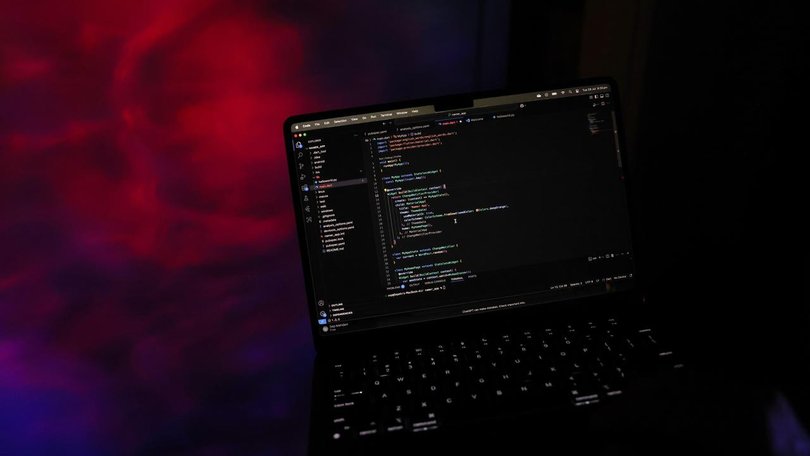Australian AI deepfake victims could soon sue over stolen faces and voices under new laws
Proposed laws would ban the use of digitally altered or AI-generated audio or visual content that depicts a person's face or voice without their consent.

Victims of artificial intelligence deepfakes may be able to sue if their face or voice are stolen without their consent under proposed laws.
Independent senator David Pocock is introducing a bill to federal parliament and says the government has not kept pace with rapidly evolving AI technology.
The proposed laws would give Australians the right to their own face and voice, Senator Pocock said, providing safeguards against having their likeness copied and used for scams, disinformation and a range of other purposes.
Sign up to The Nightly's newsletters.
Get the first look at the digital newspaper, curated daily stories and breaking headlines delivered to your inbox.
By continuing you agree to our Terms and Privacy Policy.“It seems like a very sensible thing for Australians to be able to say, I own my face, this belongs to me, it is part of who I am,” he said on Monday.
“It should not just be whoever has the best software or the worst ethics to be able to deepfake someone and to use it on the internet.”
Senator Pocock said the eSafety Commissioner’s powers to respond to AI-generated harm would be strengthened to include powers to issue removal notices and formal warnings.
The bill contains limits, including carving out uses for journalism, satire, and good faith uses by law enforcement.
It was also designed with the goal of sparing people who share non-consensual deepfakes without realising it, while still catching out those who do so knowingly or recklessly.
The changes would also apply to political campaigns, Senator Pocock said.
“We have to draw a line in the sand and say this is not on, you cannot deepfake someone without their consent,” he said.
Independent MP Kate Chaney introduced a private members’ bill in July to criminalise AI apps and tools that generate child abuse material.
Ms Chaney and Senator Pocock said there was an urgent need for broader protections beyond the issue of sexualised deepfakes.
“This deepfake technology is developing so fast, every week it’s easier to make convincing videos that make it look like people did things they didn’t actually do,” Ms Chaney said.
“This is a new problem so our laws are not fit for purpose.”
Similar laws regulating AI by banning the spread of misleading deepfakes exist in China, Spain and Denmark.
